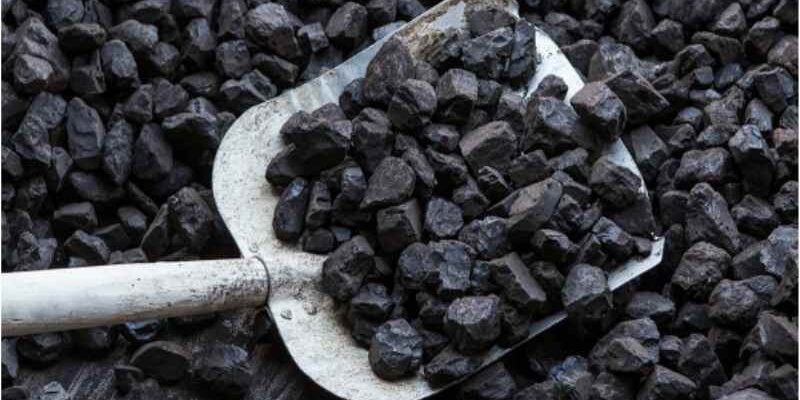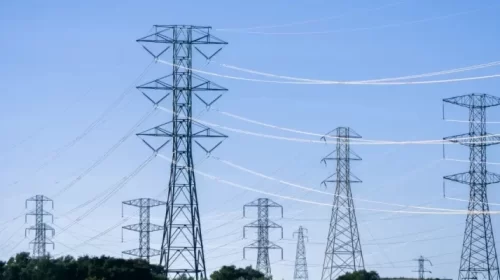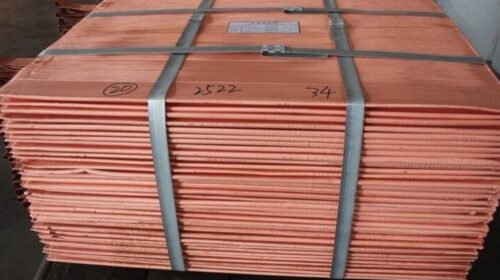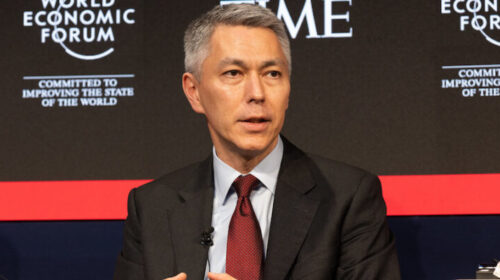BHP to pay $840 million to break from coal in Chile
BHP’s Escondida and Spence copper mines in northern Chile are ready to pay a total of $ 840 million for the early termination of a 2008 energy contract with a coal-fired power plant.
This move follows a number of recent steps BHP had taken to become a greener miner, including carbon capture and storage, as well as other innovations like direct air capture.
The local energy company AES Gener – a unit of AES Corp. – announced on Monday that the agreement signed with its Angamos plant will end in August 2021.
The coal combustion contracts originally expired in Spence in 2026 and Escondida in 2029.
“As a result, AES Gener is accelerating all future payments from two of its long-term coal production contracts by a total of $ 720 million,” it said.
Escondida is due to pay out $ 730 million in nine installments starting August 2021 and Spence is due to pay out $ 109.6 million by the end of August this year, according to AES Gener.
BHP, the world’s largest miner, recently committed to investing $ 400 million over five years in reducing greenhouse gas emissions from its operations and raw materials.
The Melbourne, Australia-based giant said last year it plans to run Spence and Escondida, the world’s largest copper mine, entirely on renewable energy.
Seawater targets
BHP also aims to eliminate the use of aquifer water in Chile by 2030.
Spence, a desalination water plant with a capacity of 1,000 liters per second, was set to support an expansion of $ 2.5 billion. The project, which was originally scheduled to be completed by the end of this year, was recently postponed until early 2021 due to the impact of the coronavirus pandemic, BHP said in April.
A second desalination plant with a maximum capacity of 2,500 liters per second was put into operation in Escondida in 2017. Additional upgrades as well as the
Connection of the original desalination plant to this conveyance system will further increase total capacity.
Chile’s environmental watchdog announced in July that it would charge Escondida with drawing more water than its permits allowed for nearly 15 years.





